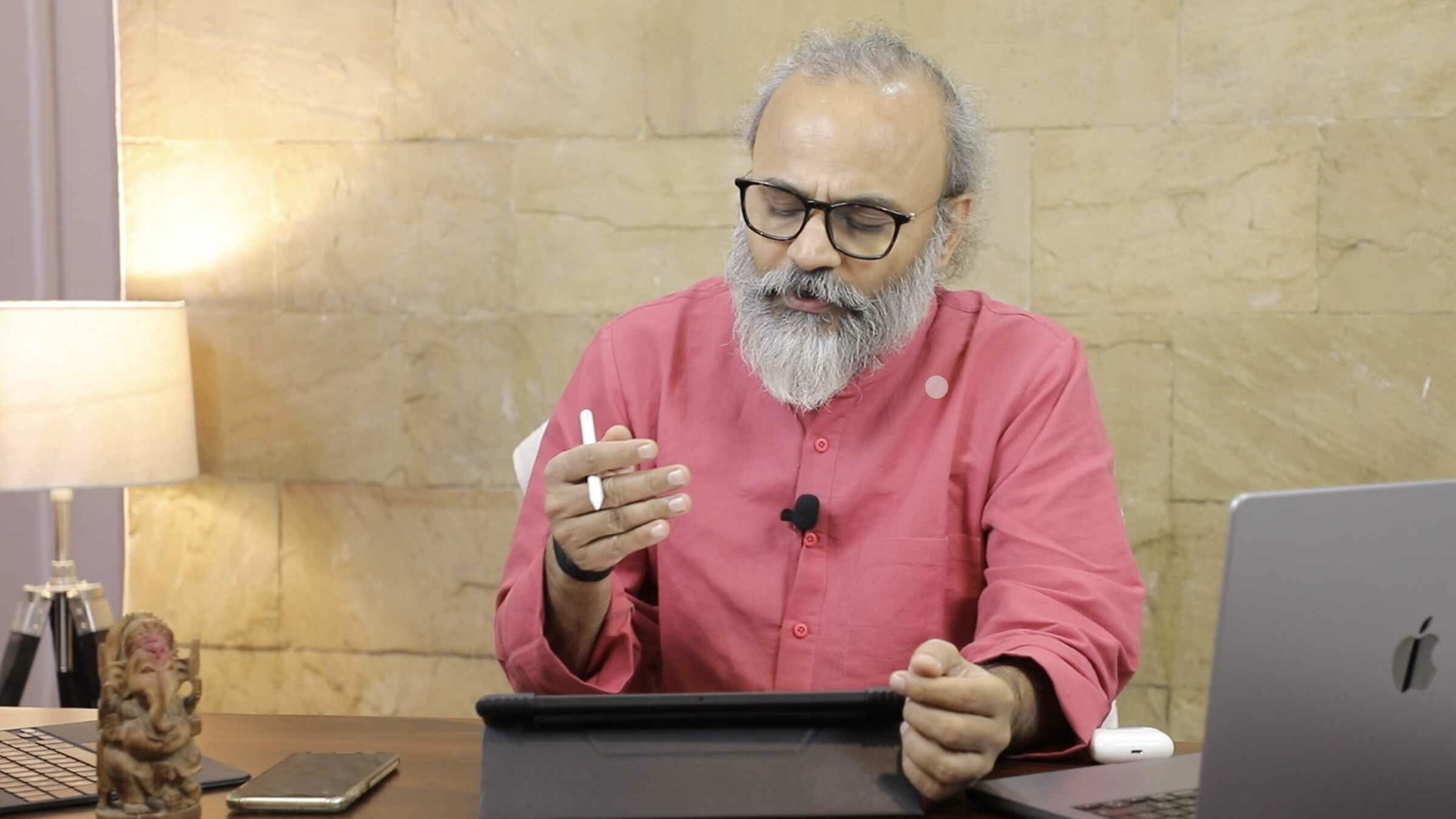
Brain:Sensory Stress & Disease
11 months ago By Yogi AnoopBrain: Sensory Stress & Disease Emergence
Voluntary and Involuntary Muscles
Out of the five sensory organs of humans, three—eyes, tongue, and skin—have both voluntary and involuntary muscles. Specifically, the muscles of the eyes and tongue can be controlled just like the muscles of the hands and feet.
However, the muscles of the ears and nose (smell) cannot be directly controlled. The muscles inside the ears can be controlled to a very limited extent, which is why stress in the ears is relatively rare. As a result, the likelihood of severe illnesses arising from the ears is significantly lower. However, the minimal stress that does occur in the ears, such as constant ringing or buzzing sounds, is a result of tension.
Sensory Stress and Disease Emergence
Among all sensory organs, those that are voluntary experience the most stress. This means that the organs we can consciously control are the ones most affected by mental desires. The eyes and tongue are prime examples. These two sensory organs are the most influenced by human desires, and because they are left unchecked, they contribute significantly to the emergence of spiritual and mental disorders.
Some key issues include:
• Eye Stress: Exposure to excessive visual stimulation, overuse of screens, and mentally exhausting tasks cause persistent strain on the eye muscles. As a result, the mind becomes overly dependent on visuals, to the extent that it continues using the eyes even during sleep, constructing images. This leads to direct effects on the brain, causing headaches, migraines, and insomnia.
• Tongue Stress: The craving for taste leads to overeating, putting excessive pressure on the digestive system. This is not just a physical strain but also a mental one, as the habit of frequent eating affects psychological satisfaction and the state of contentment or discontentment.
Impact of Sensory Stress on the Brain
My research and experiments have revealed that these two sensory organs (eyes and tongue) exert the highest pressure and tension on the brain. Over time, this stress transforms into an addiction, affecting not only the sensory organs but also the motor organs.
It is crucial to understand that while sensory organs primarily impact the subtle elements of the brain and body, motor organs affect the larger physical structure. Therefore, when stress accumulates in the sensory system, it leaves deep negative effects on both the brain and the body’s organs.
On the other hand, Hatha Yoga helps relax these sensory organs, reducing stress in both the brain and body. An essential point to note is that when the sensory organs relax, the body’s muscles naturally begin self-healing.
I consider this a natural healing mechanism. Relaxing the sensory organs should be an intentional practice, after which the entire bodily system becomes capable of healing itself.
The Role of Deep Sleep and Meditation
For a healthy body, I aim to replicate the state that naturally occurs in deep sleep, where the brain and body reach a state of deep relaxation. In deep sleep, the brain disconnects from voluntary muscles, allowing only involuntary functions to continue.
In death, both voluntary and involuntary functions cease, but in deep sleep, only the voluntary connection is temporarily paused.
Through meditation and yogic practices, it is possible to attain this profound state repeatedly without falling asleep. When this state is achieved, the entire brain system begins healing itself naturally, easing all internal discomforts and restoring mental and physical balance. This is how it becomes possible to prevent both mental and physical illnesses.
The Primary Cause of Brain Damage
According to my research, the greatest damage to the brain occurs when its muscles are subjected to unnecessary stress. This stress is primarily caused by desires. The stronger the desires, the greater the stress on the brain.
Since desires create stress in the muscles, controlling desires can also eliminate that stress. The key focus should be on relaxing the muscles of the eyes and tongue, as these two sensory organs have the greatest impact on the brain.
Thus, if we train ourselves to relax and control these sensory muscles, it is possible to achieve a revolutionary transformation in both mental and physical health.
Recent Blog
Copyright - by Yogi Anoop Academy
